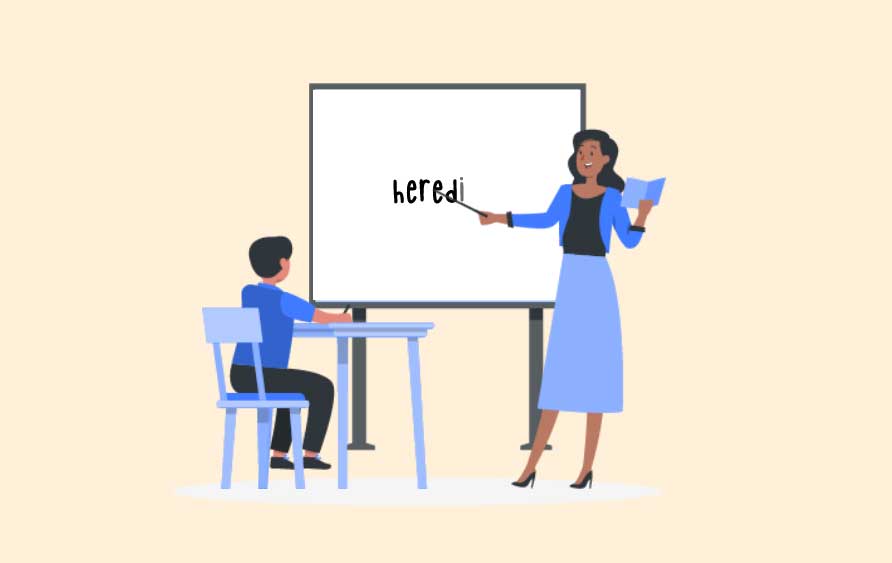It is our responsibility to prepare students for a world that is ever-evolving; a VUCA world, where volatility, uncertainty, complexity and ambiguity are the order of the day. A world where 65% of our primary school children will hold jobs that don’t yet even exist.
How do we cater for this?
How do we know what our children need to learn?
How do we structure learning experiences that will prepare them for the world they are living in?
We focus on skills.
The Australian National Skills Commission has recently released a report documenting the skills that are expected to be intrinsic to the occupations that will evolve over the coming years, and they have unpacked the specific skills that are required in each of the occupational fields that exist.
The National Skills Commission suggests that a 65% increase in digital skills will be required for the industries and occupations that will emerge in just the next 5 years. It is now our imperative, as educators, to structure purposeful, authentic learning experiences that stretch students’ digital skills and encourage them to use these skills to solve real world problems. Connecting students to the world they are living in, and providing opportunities for them to develop empathy and act with compassion and understanding will also be key.
Digital skills are developed through these purposeful engagements, where autonomy, mastery and connectedness can be harnessed, to foster motivation to learn and an optimism for their individual and collective ability to make a real difference in our world.
References
The Future of Work – The Definitive Guide
The National Skills Commission
Impactful professional learning
Sadly, most of us have been there. A precious day or two off class to attend a professional development course that was a complete waste of time! Ineffective, often featuring external experts providing limited instruction on skills, with little account taken for the contextual nature of your work and failing
Engaging Learning
We all know the importance of engaging students in their learning. Students who are engaged demonstrate increased focus and attention and are motivated to practice higher level critical thinking skills and deepen their learning.
Effective Feedback
The evidence is clear; teachers can significantly improve student learning and the quality of teaching in their classrooms by improving the quality of their feedback practices. Although, the reported difference varies across the research, it is overwhelming in acknowledgement of improved student achievement.




